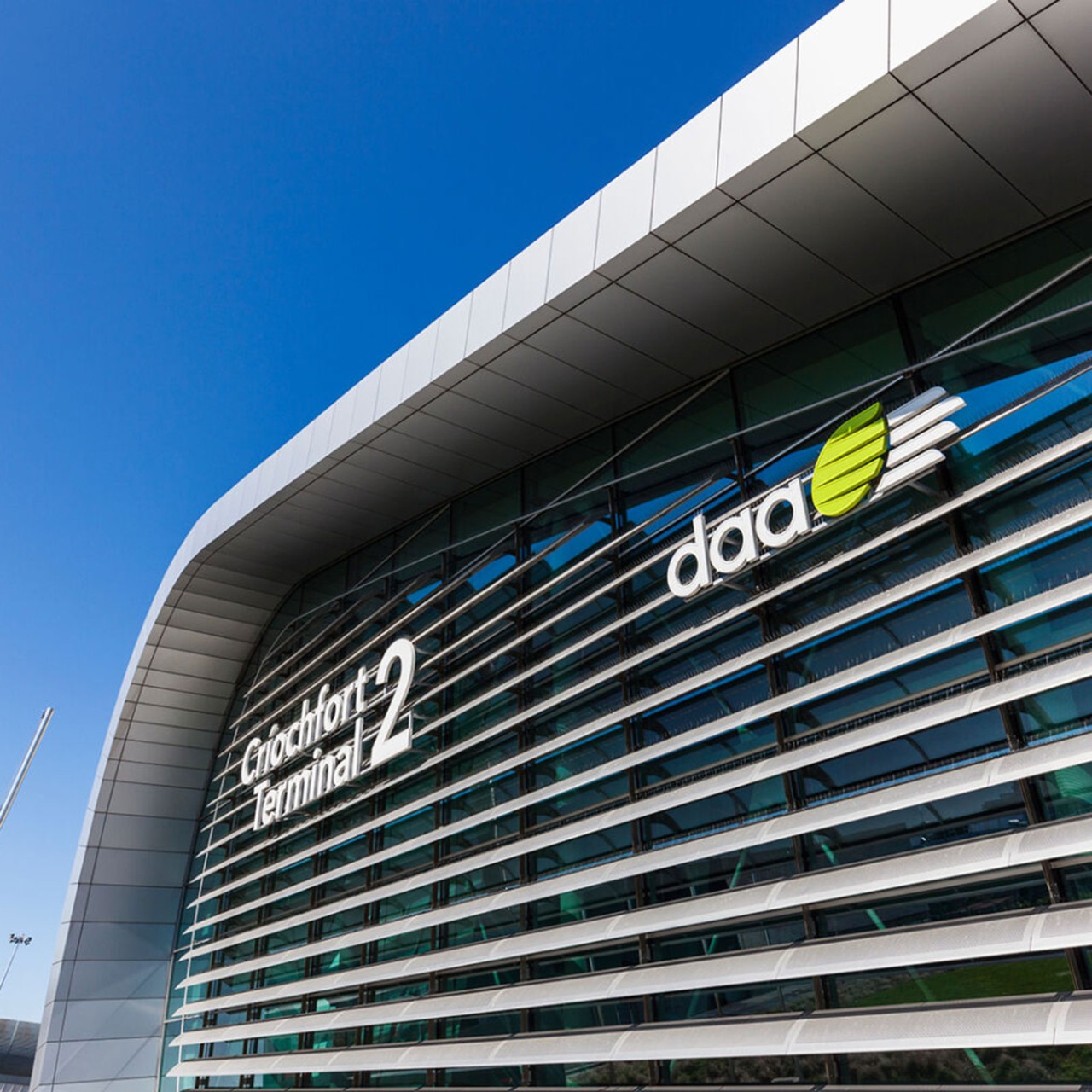
Since its public release in late 2022, ChatGPT has sparked a frenzied level of debate. There are many people who believe that all of this will lead to economic changes as consequential as the Industrial Revolution. The buzz about it was deafening, the headlines breathless.
Others have urged caution, arguing that the practical applications could never justify the hype or the outlay companies are pouring into the artificial intelligence (AI) arms race. The world’s biggest tech giants have embarked on an unprecedented level of capital expenditure on data centres and advanced chips. Little-known start-ups have raised vast sums from investors with the promise of developing AI tools. OpenAI, the body behind ChatGPT, is now among the three most valuable private companies.
I was, as regular readers of these pages know, among those in the latter camp. In fact, it’s two years ago that I wrote that although I believed AI would be very useful to businesses, it would not cause the fundamental upheaval of our daily lives evangelists forecast. After all, we’d been here before with bold claims about blockchain, the metaverse (remember that?) and self-driving cars that never quite materialised.
It’s clear now that AI is not a niche innovation struggling to find its place
However, a couple of years on from writing about my initial scepticism, I was wrong.
Follow the money
For a start, the scale of investment alone tells its own story. Capex by tech giants like Microsoft, Google, Amazon and Meta alone will run to hundreds of billions of dollars this year. And next year. And the year after that. That kind of money isn’t thrown around lightly by these companies. It’s predicated on data showing that AI will lead to a radical transformation of their operations that will lead to higher revenues and profits.
Second, it’s clear now, even in this early era, that AI is not a passing trend or a niche innovation struggling to find its place. It is already reshaping business and daily life in ways that even its biggest advocates might not have fully expected.
I’ve encountered plenty of mistakes when chatbots miss out on key points
Across the professional services sector, firms are embedding AI in their daily processes to eliminate time-consuming tasks allowing employees to focus on analysis rather than administration. Retail has used it to predict demand, manage inventory and optimise delivery routes. The ability to use chatbots to handle customer queries, often more efficiently than human agents, is being adopted across many different sectors. It’s quicker and cheaper for routine customer service demands and frees up staff to manage more serious issues.
In healthcare we’ve barely begun to consider that tools powered by AI have the potential to detect diseases faster and more accurately than human doctors. It also opens up the potential to speed up the time it takes to discover and develop new drugs.
The flip side
There are, of course, downside risks. As someone who reads long documents on a daily basis, I’ve encountered plenty of mistakes when chatbots are prompted to provide summaries and often miss out on key points.
Ethical considerations, job displacement and regulatory questions have to be resolved
I also have concerns with the flirtation that some organisations in the media and creative arts have with AI. The potential for it to be used to spread disinformation indistinguishable from real news exists and the exploitation of that is potentially very dangerous.
It should also not be used to cheat artists out of intellectual property rights by spitting out movie scripts and music based on the data absorbed by large language models.
These issues need to be addressed, and those at the forefront of development of AI tools should be cognisant of their responsibilities that for all the good they are doing there is a requirement for guardrails. Ethical considerations, job displacement and regulatory questions have to be resolved.
Looking back at my initial caution, I underestimated how quickly AI would take hold. But the evidence is undeniable: AI is here, it’s powerful, and it’s changing the way we work and live in ways that few other technologies ever have. That change is real.
More information
AB’s Special Edition on the Future of Work has more information about the impact of AI on roles, skillsets and expectations in the workplace.




